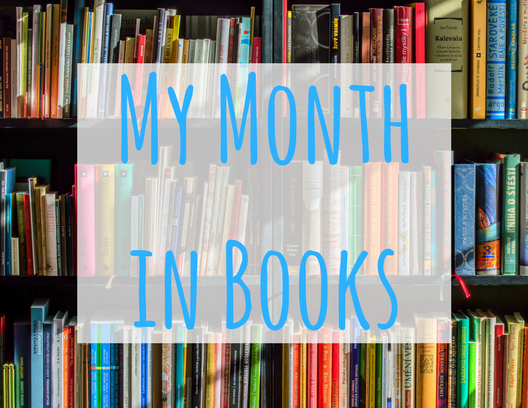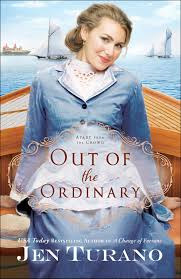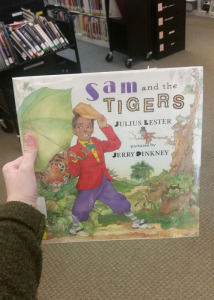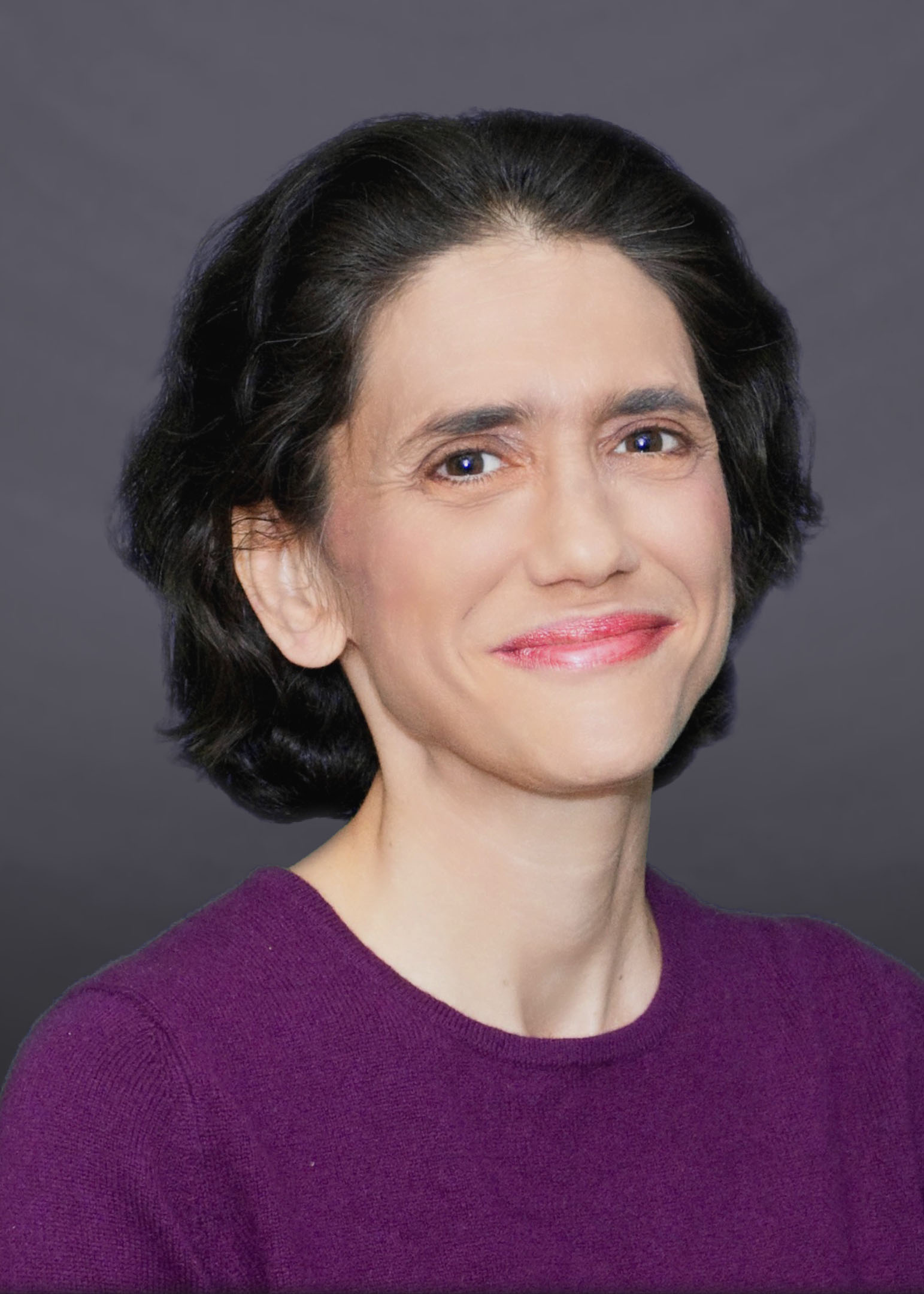I am always inspired when I hear writers talking about their craft. What always emerges is that there’s no hard and fast rule or approach. Like any creative pursuit, it’s highly individual and subjective. Although there is a plethora of information on writing – from blogs to podcasts, how-to manuals and modules, a formulaic approach will only take you so far. Working out why you want to write, what you want to say and why is an important part of the process.

How authors approach their writing differs according to their motivation. It could be therapeutic –personal journaling, for example, has become very popular as a way of expressing, releasing, even purging thoughts and emotions – and, more generally, making sense of the world. Some authors have been penning stories from a young age, it’s in their blood and part of who they are, while others are more strategic and have a business-like approach to writing a blockbuster.
Whatever the frequency or medium, one unifying theme I have observed is the importance of finding – and trusting – your own voice, being authentic, tapping into your heart and soul and mining your storehouse of emotions, experiences and memories. Included in Neil Gaiman’s top tips on writing is this one: “As quickly as you can, start telling the stories that only you can tell – because there will always be better writers than you, there will always be smarter writers than you, but you are the only you.”
Looking back, I realise that the first book I wrote in 2002-2004 was clearly a thinly disguised autobiography. Titled Unknown Territory, it wasn’t bad for a first effort – had it been published it would have slotted into the Chick Lit section of a bookshop. A few years later I picked it up again and decided to be more honest and write more directly about my personal journey. I framed it as an A-Z – a kind of ‘my life on a plate’. Some of it was good, some of it was a bit forced by dint of having to come up with content for each letter of the alphabet, and I glossed over the darker and more difficult episodes in my life as I was so hell bent on making it funny. I did get interest and some very positive feedback from publishers but the consensus was that I needed to plunge the depths and ditch the A-Z format.
Neil Gaiman talks about letting go of the inner critic and the perfectionist: “If you are making mistakes then you are making new things, trying new things, learning, living, pushing yourself, changing yourself, changing your world.” I would say that writing my A-Z changed my perception of my world and enabled me to re-frame some of my past in a way that made it more palatable even though I didn’t fully allow myself to write out some of the rage and more raw emotions. I am glad it didn’t get published but now acknowledge that it was valid as an exercise in catharsis.

Earlier this year I heard author Kate Grenville speak at Clunes Booktown. When talking about One Life: My Mother’s Story, she said: “Being truthful about the past is a pre-requisite for walking into the future.” That struck a chord with me and I wondered if I will ever have the urge to write a full-blown memoir, one that is uncompromisingly honest and free of the fear of being judged – or even worse, of upsetting some of my nearest and dearest. Other advice Kate gave was to never start at the beginning of a story but where it gets interesting. Contrast that more intuitive approach to the planned writer who plots out the story and characters before writing.
Jane Harper, whose murder mystery The Dry has become a bestseller enrolled in a novel-writing course and in 12 weeks produced a 40,000-word draft. She takes a no-nonsense, roll up your sleeves approach to writing: “Writing is a skill that can be taught and learnt.” How refreshing to encounter a writer unencumbered by angst, anguish and sleepless nights. “I approach it logically,” she says, “and just take it step by step.” Although Harper trained as a journalist and so, arguably, had a head start, writing a novel requires a different skill set. What comes across in the article I read is that Harper is efficient and organised and applied to herself to writing a novel as she would to any other task. For her, the hard graft and discipline paid off, but for some too much effort kills off the creative spirit.
Also speaking at Clunes Booktown was Hannah Kent author of bestselling novel Burial Rites. She values the importance of routine but also – and I found this very heartening – allocates herself sick leave and annual leave. “You can show up too much.”
Once again, it’s about carving out our own niche and tapping into our own rhythm and association of thoughts and ideas. By all means take inspiration from other writers, but never fall into the trap of trying to imitate them either in style or writing practice. I like Neil Gaiman’s advice to be kinder to yourself: “Write more. And remember that everyone who writes anything good, wrote a lot of bad stuff first.”
Share this:




